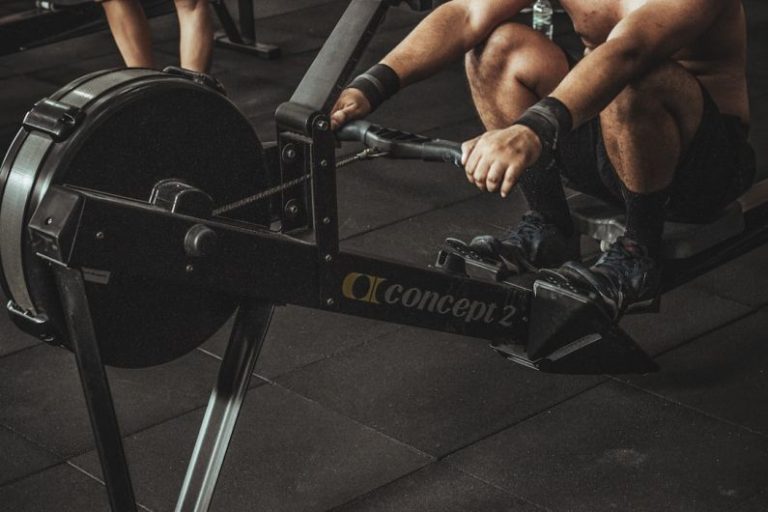
Rowing is a fantastic full-body workout that engages multiple muscle groups simultaneously, providing excellent cardiovascular benefits while being easy on the joints. However, for some rowers, knee pain can be a common issue that hinders their enjoyment of this exercise. Whether you are a beginner or a seasoned rower, experiencing discomfort in your knees while rowing can be frustrating. Fortunately, there are several strategies you can implement to prevent knee pain and ensure a smooth rowing experience.
Understanding the Mechanics of Rowing
Before delving into ways to avoid knee pain while rowing, it is essential to understand the mechanics of the rowing stroke. Rowing involves a complex movement pattern that requires coordination between your legs, core, and upper body. The rowing stroke consists of the drive phase, where you push with your legs, followed by the recovery phase, where you return to the starting position.
Proper Technique is Key
One of the most critical factors in preventing knee pain while rowing is using proper technique. Ensuring that your form is correct can help distribute the workload evenly across your muscles and joints, reducing the strain on your knees. When rowing, focus on maintaining a strong core, engaging your leg muscles during the drive phase, and keeping your knees in line with your feet.
Adjust Your Foot Position
The position of your feet on the foot stretcher can also impact the stress placed on your knees while rowing. Make sure that your feet are securely strapped in and that the foot stretcher is adjusted to the appropriate angle for your body mechanics. Proper foot positioning can help maintain alignment in your lower body, reducing the risk of knee pain.
Don’t Overreach
Overreaching during the drive phase of the rowing stroke can lead to excessive strain on your knees. Avoid extending your legs too far or reaching too high with your arms, as this can cause your knees to bear more weight than necessary. Focus on maintaining a controlled and efficient movement pattern to prevent unnecessary stress on your joints.
Warm-Up and Stretch
Just like any other physical activity, warming up before rowing is crucial to preparing your muscles and joints for exercise. Take the time to perform dynamic stretches that target your lower body, focusing on your quadriceps, hamstrings, and calves. Loosening up your muscles before rowing can help prevent stiffness and reduce the likelihood of knee pain.
Build Strength and Flexibility
Building strength in the muscles surrounding your knees can provide additional support and stability during rowing. Incorporate exercises that target your quadriceps, hamstrings, and glutes into your fitness routine to help improve muscle imbalances and reduce the risk of knee pain. Additionally, maintaining flexibility in your hips and ankles can contribute to a more fluid rowing motion, reducing strain on your knees.
Listen to Your Body
Above all, it is essential to listen to your body and pay attention to any signs of discomfort while rowing. If you experience persistent knee pain or discomfort, take a break and allow your body to rest and recover. Ignoring pain can lead to further injury and may hinder your progress in the long run. Be mindful of your body’s signals and adjust your technique or training regimen as needed to prevent knee pain.
Incorporating these strategies into your rowing routine can help you avoid knee pain and enjoy a smoother, more comfortable workout experience. By focusing on proper technique, foot positioning, warm-up, strength training, and listening to your body, you can minimize the risk of knee discomfort and reap the many benefits of rowing. Remember, a proactive approach to preventing knee pain is key to maintaining a fulfilling and injury-free rowing practice.





